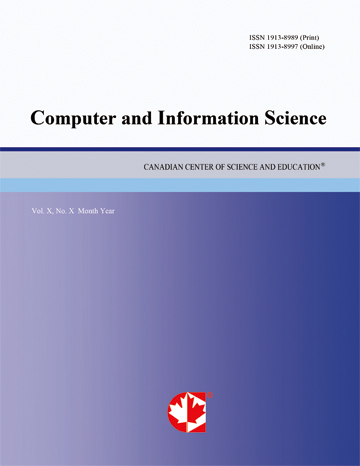Exploring Public Attitudes toward E-Government Health Applications Used During the COVID-19 Pandemic: Evidence from Saudi Arabia
- Dalal Bamufleh
- Amani Saud Alshamari
- Asrar Saud Alsobhi
- Hanan Hisham Ezzi
- Waad Sultan Alruhaili
Abstract
This study sought to explore factors that determine the public’s acceptance of and adoption behavior toward e-government health applications launched in Saudi Arabia (SA) by the Ministry of Health (MOH) during the COVID-19 pandemic. The research relied on several theories: the technology acceptance model (TAM), information system success model (ISSM), mobile services acceptance model (MSAM), and unified theory of acceptance and use of technology (UTAUT). The constructs of perceived ease of use (PEOU), perceived usefulness (PU), attitude (ATT), trust (TR), information quality (IQ), facilitating condition (FC), and social influence (SI) were utilized to investigate the user’s intention toward using e-government health applications. The proposed model and its seven hypotheses were tested by conducting a survey across social media among citizens and residents in SA. A total of 785 valid responses were analyzed by SmartPLS and a structural equation modeling technique. After analysis, the results showed that PEOU, PU, ATT, TR, IQ, FC, and SI have positive effects on behavioral intentions. As for contributions, this paper is the first research paper to investigate the adoption of e-government health applications launched by MOH in SA during the COVID-19 pandemic and to provide a theoretical framework for pursuing future research work in a similar scope.
- Full Text:
 PDF
PDF
- DOI:10.5539/cis.v14n3p1
Journal Metrics
WJCI (2022): 0.636
Impact Factor 2022 (by WJCI): 0.419
h-index (January 2024): 43
i10-index (January 2024): 193
h5-index (January 2024): N/A
h5-median(January 2024): N/A
( The data was calculated based on Google Scholar Citations. Click Here to Learn More. )
Index
- BASE (Bielefeld Academic Search Engine)
- CNKI Scholar
- CrossRef
- DBLP (2008-2019)
- EuroPub Database
- Excellence in Research for Australia (ERA)
- Genamics JournalSeek
- GETIT@YALE (Yale University Library)
- Google Scholar
- Harvard Library
- Infotrieve
- Mendeley
- Open policy finder
- ResearchGate
- Scilit
- The Keepers Registry
- UCR Library
- WJCI Report
- WorldCat
Contact
- Chris LeeEditorial Assistant
- cis@ccsenet.org
